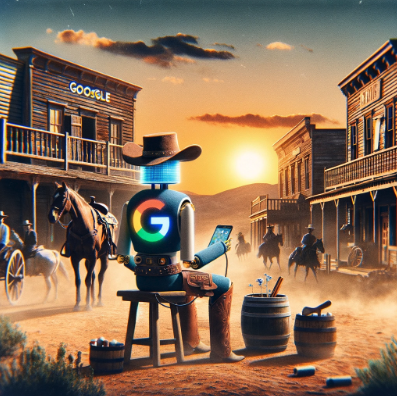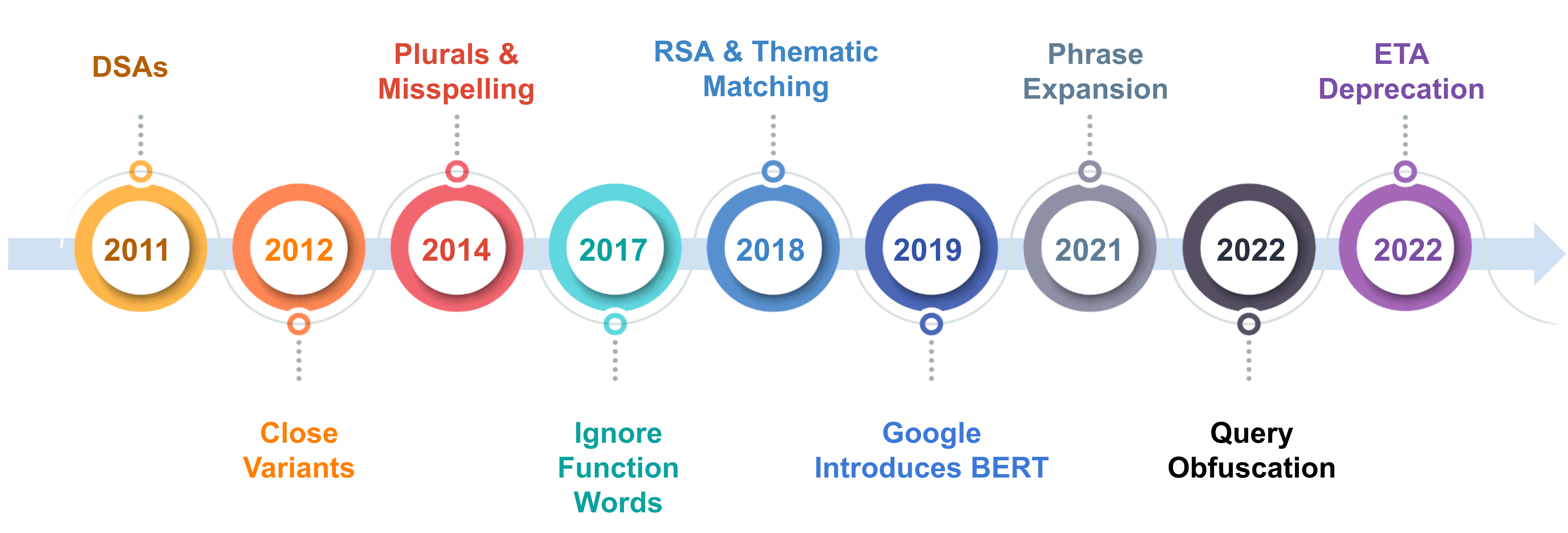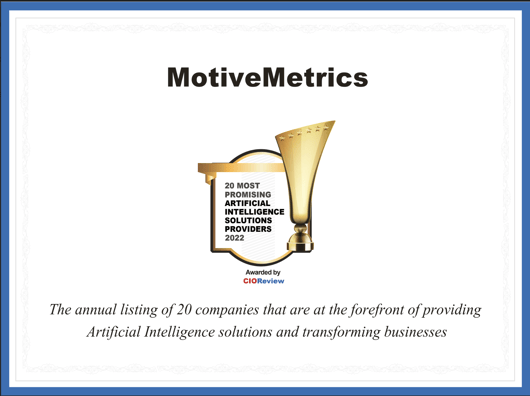Context Engineering: The Competitive Advantage in AI-Driven Google Ads
Google Ads has always been predictive.
What’s changed is how prediction happens.
The platform has moved from rules-based execution to machine learning systems and now to AI-driven interpretation. Each layer operates differently. Each requires different inputs. Most advertisers have not adjusted.





